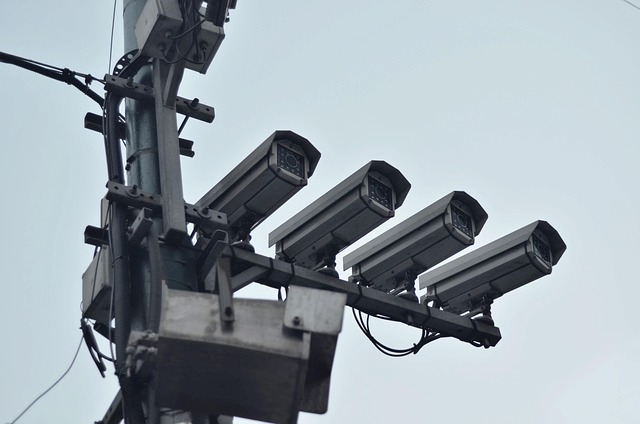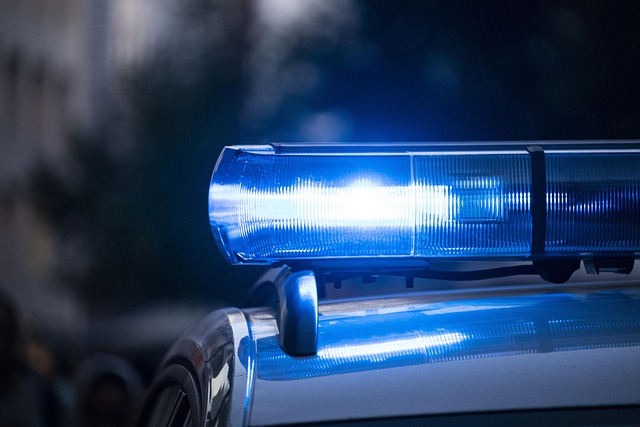Landlords have a legal duty to conduct annual gas safety checks on all rental property appliances and fixtures, including regular maintenance and prompt issue resolution. This is especially crucial for older properties, requiring thorough examinations for corrosion, leaks, and proper ventilation to ensure tenant safety and comply with regulations, fostering a culture of mutual awareness regarding gas safety.
Old properties require special attention when it comes to gas safety. As a landlord, ensuring the well-being of your tenants is paramount. This article guides you through understanding your responsibilities for conducting regular landlord gas safety checks, focusing on essential aspects unique to older homes. We provide a comprehensive checklist and maintenance tips to help you navigate the process effectively, upholding safety standards in your rental properties.
- Understanding Landlord Gas Safety Check Responsibilities
- Essential Checks for Old Properties: A Comprehensive Guide
- Maintaining Safety: Regular Inspections and Maintenance Tips
Understanding Landlord Gas Safety Check Responsibilities

Landlords have a legal obligation to ensure the safety of their rental properties, especially when it comes to gas appliances. A landlord gas safety check is a crucial aspect of maintaining a habitable and secure environment for tenants. According to regulations, landlords must carry out an annual gas safety check on all gas-related equipment in their properties. This includes boilers, cookers, heaters, and pipes to prevent potential hazards like leaks, fires, or explosions.
Conducted by qualified engineers, these checks not only identify risks but also ensure the proper functioning of gas appliances. It’s important for landlords to stay informed about rental property gas safety requirements, including obtaining relevant certifications and providing evidence of gas safety training for themselves and their staff. Is annual gas safety check mandatory? Yes, it is, to meet legal obligations and maintain a safe living environment for tenants.
Essential Checks for Old Properties: A Comprehensive Guide

When it comes to maintaining old properties, a thorough landlord gas safety check is non-negotiable. Given the age and potential historical modifications to older homes, specialized attention must be given to gas lines and appliances. A comprehensive check includes examining all gas fixtures for any signs of corrosion or damage. Look out for leaks, which might present as hissing sounds or discolored marks on walls. Regularly inspect and replace outdated gas appliances with newer, safer models.
Additionally, ensure proper ventilation throughout the property to prevent the buildup of harmful gases. Check that pilot lights are functioning correctly and not emitting abnormal flames. For rental properties in particular, it’s crucial to stay updated on gas safety standards. Conducting a detailed landlord gas safety check and addressing any issues promptly is not just a legal requirement but also ensures the well-being and comfort of tenants, creating a safer living environment.
Maintaining Safety: Regular Inspections and Maintenance Tips

Regular inspections are a vital part of maintaining gas safety in older properties. Landlords have a responsibility to ensure that their rental properties meet health and safety standards, including those related to gas appliances. A comprehensive landlord gas safety check should include examining all gas-powered devices such as boilers, cookers, and heaters for any signs of damage or wear. This involves checking for proper ventilation, secure connections, and the absence of leaks, which could lead to dangerous situations like carbon monoxide poisoning.
To uphold landlord responsibilities for gas safety, it’s crucial to stay on top of maintenance. Promptly addressing issues like a malfunctioning boiler or faulty piping can prevent accidents and ensure tenants’ rights regarding gas safety are respected. Regular cleaning and tune-ups for appliances contribute to optimal performance while reducing the risk of failures. Tenants should also be encouraged to report any unusual smells, sounds, or indicators of potential gas leaks, fostering a culture of mutual awareness that keeps everyone safe.
Old properties require meticulous care when it comes to gas safety. By understanding your responsibilities as a landlord, conducting regular essential checks, and implementing proper maintenance tips, you can ensure a safe living environment for tenants. A comprehensive landlord gas safety check is not just a legal requirement but also a critical step in preventing potential hazards and fostering a peaceful residence.
